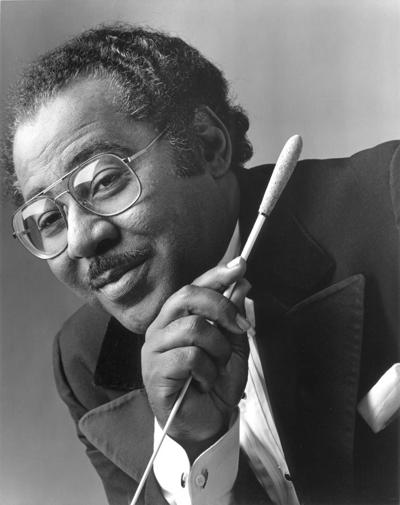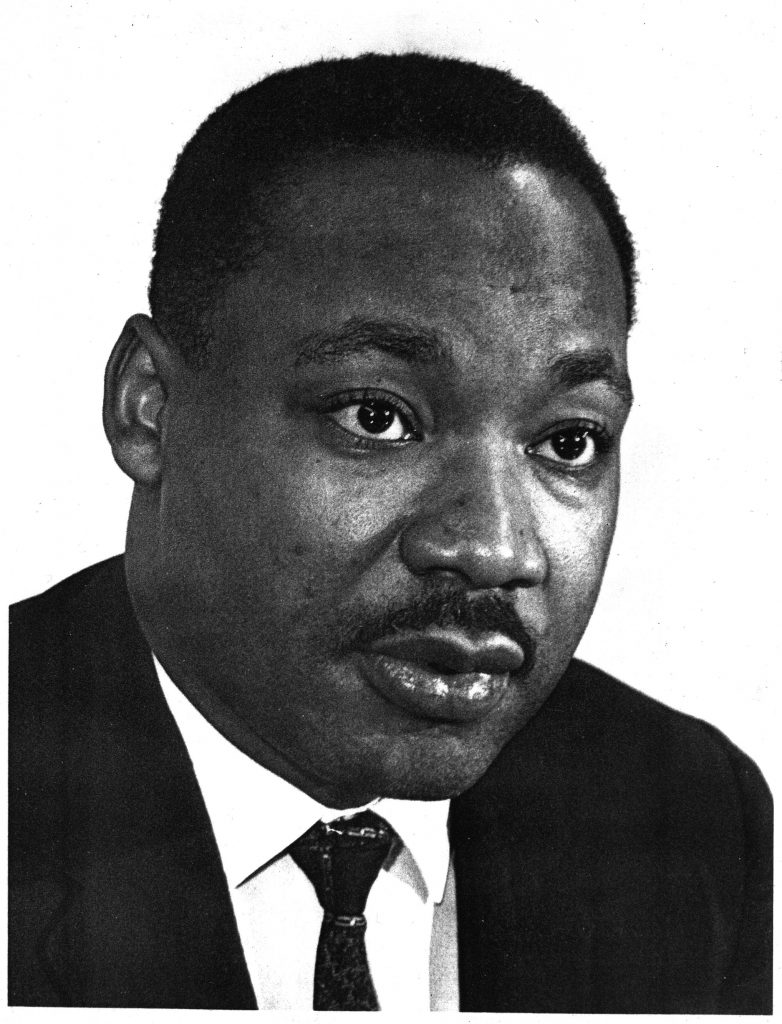Maestro Paul Freeman (January 2, 1936 – July 21, 2015) earned his doctorate in music from the Eastman School of Music in Rochester, N.Y., and studied for two years at Berlin’s Hochschule fur Musik on a Fulbright Scholarship. He later trained with the eminent French conductor Pierre Monteux. Paul Freeman became one of a handful of African-American conductors who broke through the glass ceiling of American symphonic music. During his career, he conducted more than 100 orchestras in 30 countries with more than 200 recording to his credit with unique interpretations of the classical, romantic and modern repertoire.
Maestro Freeman received the Mahler Award from the European Union of Arts. Among his many recordings is a landmark, nine-LP series issued on Columbia in the mid-1970s tracing the history of black symphonic composers. He and the Chicago Sinfonietta later produced an offshoot of that anthology with their African Heritage Symphonic Series on Chicago’s Cedille records.
Maestro Freeman founded the Chicago Sinfonietta, a midsized orchestra, in 1987. It became a shining emblem of racial and cultural diversity across the classical music landscape. He remained at its helm for 24 years until he retired in 2011. I met Maestro Freeman following a tour date at Marsee Auditorium in Cerritos, California.
During an interview about his life and career, Maestro Paul Freeman recalled a 2:00 a.m. inspirational chance meeting with Dr. King at the Atlanta airport. When asked by Dr. King why he was in Atlanta, Maestro Freeman told him that he was there to guest conduct the Atlanta Symphony Orchestra. Dr. King responded, “Ah, the last bastion of elitism. Glory, Hallelujah”.








